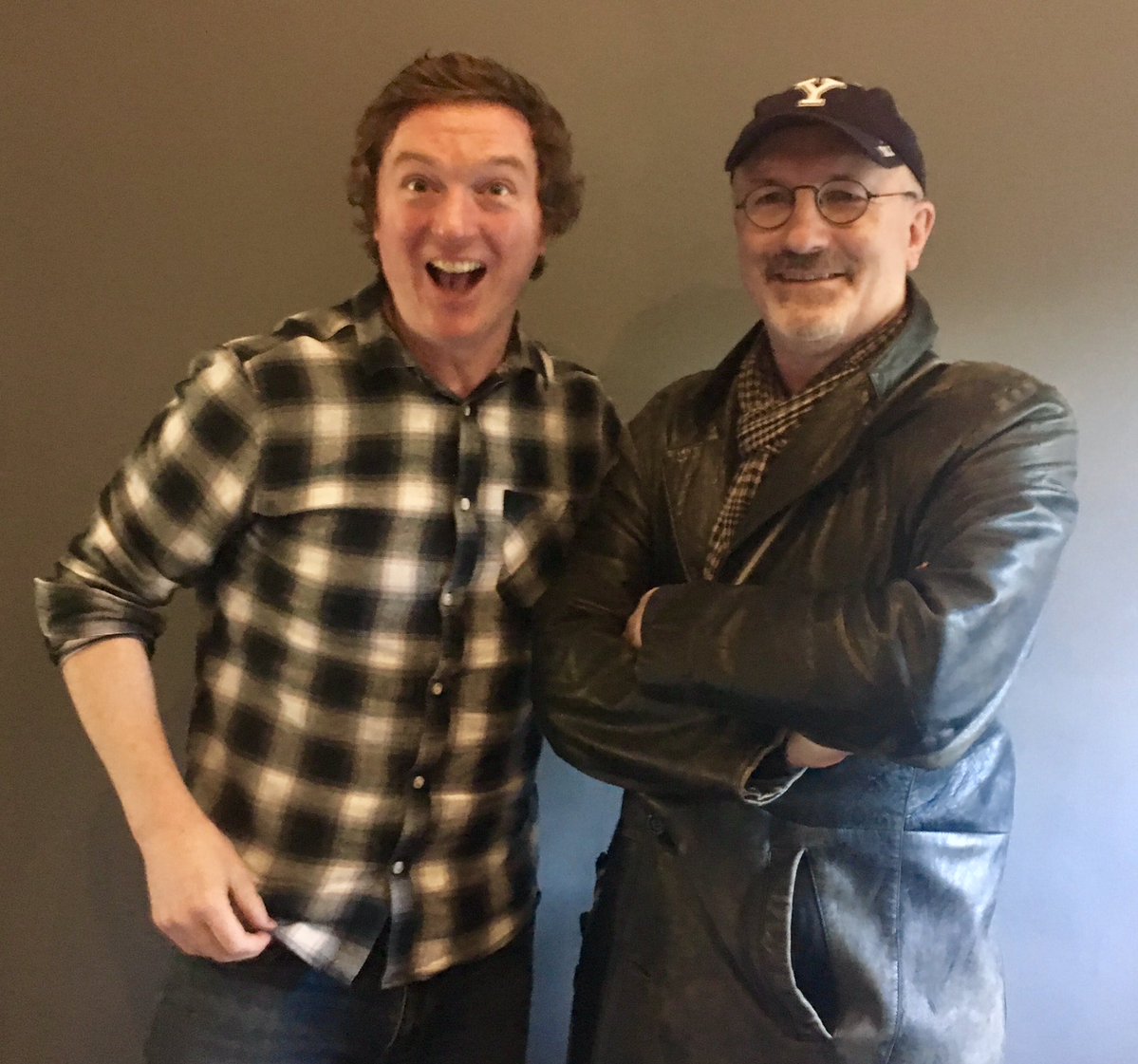One of the unwritten rules of general practice runs thus; the longer it takes for a patient to disrobe, the less likely there is to be any significant clinical finding.
There is obviously a huge cost implication for the NHS here. Instead of sitting there twiddling our thumbs or daydreaming or idly Googling to see what Britney Spears is up to, while Mrs O’Toole laboriously removes corset number four with a hammer and chisel, we could be doing something useful.
But I have a solution; some might consider it rather extreme, but at a stroke it would rectify this drain on scarce resources; we should all get naked. And not only patients; to maintain a balance in the doctor-patient relationship, doctors would have to get naked as well.
It’s not really such a revolutionary step. By this stage, nearly everybody has appeared naked in a fundraising calendar, and being honest, we know fundraising is just a handy excuse, some people just like getting their kit off in public
OK, OK, I hear you say, some of it won’t be pretty, have we not suffered enough?
But think of all the time we’d save. No need to worry any more about what suit to wear, whether our trousers are pressed, which tie goes with which shirt – a major source of stress would be history.There would also be less tangible, more spiritual rewards. Clothes have lost their traditional purpose – to keep us warm and dry – instead, our culture has become so trivial that clothes have become a statement, a status symbol.
Getting naked would liberate us from these pretensions, get us closer to the truth of who we really are; here I am, we’d say, this is me, I am a child of the universe, peace, love and rock’n’roll, this is my glorious naked body, no longer fettered by fashion and convention, and of which I am not ashamed, look on my works, Ozymandias, King of Kings, and despair.
The rest of society would also benefit. Going through security at airports would be a breeze; no more being herded into long queues like sheep, no more having to take off shoes and coats and belts, we’d be straight in there to the duty free and the free samples of expensive aftershave. Terrorists would have nowhere to hide their paraphernalia; well, maybe there’s one place, so a lot more rectals would be needed, but they’re not that bad, and can even be quite pleasant.
If performed by an attractive person, that is.






